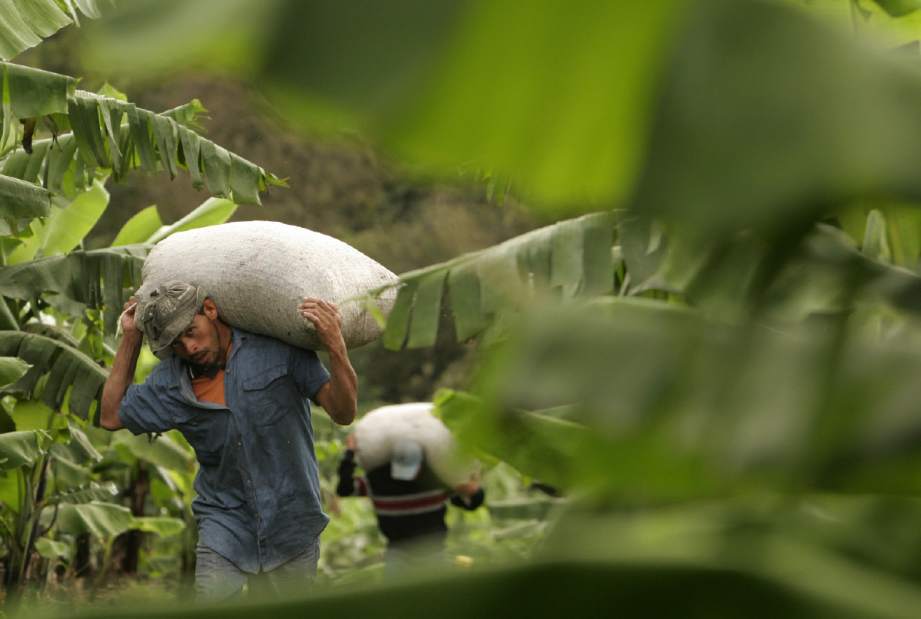Antony Davies & James R. Harrigan: 'Fair trade' encourages free trade
The World Fair Trade Organization declared “World Fair Trade Week” in mid-November to draw attention to and improve the plight of (mostly agricultural) workers worldwide. The fair-trade movement is an attempt, at root, to encourage consumers in developed countries to pay more for certain products to help lift the people who produce them out of poverty. This happens through better prices and access to financial markets for sellers, and through contracts that smooth short-term price fluctuations, helping producers plan for the future.
Economists are a rather fractious bunch much of the time, but are in near-unanimous agreement regarding the benefits of free trade. When one person voluntarily exchanges with another, both walk away better off. And if those two people specialize their labor, each producing what his skills or circumstances make him better at producing, both become better off still. Best of all, free trade doesn't require government involvement. In the end, everyone who plays, wins. Economists are not nearly as sanguine about fair trade, and this is largely because it is not clear what benefits fair trade brings that free trade doesn't already provide.
Those concerned with the poor will point to trade as a tool for bringing people out of poverty, which it is. But fair trade doesn't offer anything new here, and might even introduce difficulties. Studies show workers in the coffee industry — which has the largest number of producers and workers affected by fair-trade policies — receive little to no benefit for the higher prices fair trade makes possible. In Costa Rica and Nicaragua, fair-trade farmers indeed receive higher prices for their coffee, but their workers are paid minimum wage with no health or retirement benefits. A direct comparison of fair-trade-certified coffee farmers to conventional coffee farmers in Oaxaca, Mexico, reveals fair-trade-certified farmers receive a price 130 percent higher than that received by conventional farmers. Workers at fair-trade farms, however, are paid only 7 percent more. At least where coffee is concerned, fair trade appears to put the lion's share of the extra money in business owners' pockets. And where fair-trade certification is costly to obtain, the actual effect is to create cartels.
The good news is that fair-trade certification requires that workers have freedom of association, safe working conditions, and not be forced to work. But even here, the benefits aren't different from what one could attain simply with free trade.
In the end, the benefits of fair trade are actually benefits of free trade. This is made clear by the fact that the entire process is voluntary. Producers, importers and exporters think it is in their best interest to achieve the fair-trade label, and consumers think it is in theirs to support those who do. Concern with social justice is one reason among many to choose one product over another, and if producers want to advertise their bona fides, they should be able to do so. But the greatest contribution fair trade offers is to encourage people to engage in free trade.
Antony Davies is associate professor of economics at Duquesne University. James R. Harrigan is CEO of FreedomTrust. They host the weekly podcast Words & Numbers.

